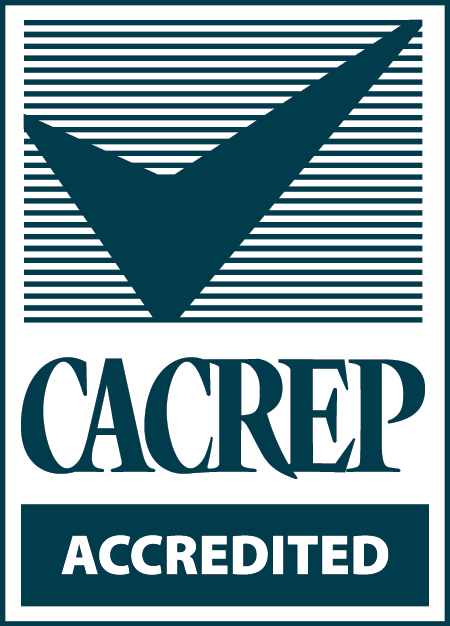School Psychology & Counselor Education
Large enough for excellence - small enough for community
The School Psychology and Counseling programs at William & Mary prepare highly qualified professionals to practice in public schools and mental health settings. The benefits of these programs include small class sizes, approachable professors, a collegial atmosphere and a focus on practical experiences.
School Psychology Program
Growing up isn't always easy. All children and adolescents face problems from time to time and some struggle to overcome serious problems. School psychologists are there to help. They work in school settings and interact with many different people to provide children with the resources they need to face challenges and to succeed. For example, school psychologists work with children to help them develop anger management skills, collaborate with educators to establish school-based family resource centers, evaluate the effectiveness of after-school programs, facilitate parent support groups, and assess the brain functioning of students with dyslexia. The School Psychology Program at William & Mary is an innovative 3-year program in which students begin working within schools during their first semester.
Counseling Programs
Counselors help their clients by facilitating personal and interpersonal growth across the lifespan with a focus on emotional, social, vocational, educational, developmental, and mental health concerns. Through the integration of theory, research and practice, and with sensitivity to multicultural concerns, they help people improve their well-being, alleviate distress, and resolve crises. Counselors can work in a variety of settings, including school systems, community agencies, college counseling centers, private practice, and private nonprofit organizations. 
At William & Mary, we offer on-campus counseling degrees in the following concentrations:
- School Counseling (M.Ed.)
- Clinical Mental Health Counseling (M.Ed.) (with optional specializations in Addictions Counseling, Relationship, Marriage & Family Counseling Military and Veterans Counseling).
- Counselor Education (Ph.D.)
Online M.Ed. counseling programs are available for:
- Clinical Mental Health Counseling (with a Military and Veterans Counseling option)
- School Counseling (M.Ed.)
At the master’s level, students enrolled in the on-campus program can complete all coursework and internship experiences necessary for certification and licensure in two years. Students enrolled in the online master's program can complete all coursework and internship experiences in three years. At the doctoral level, graduates are trained to assume clinical leadership or counselor education faculty positions. The program is nationally recognized for a highly collaborative and interactive learning environment, mentoring from faculty who are active scholars and leaders, and an ongoing history of academic excellence.